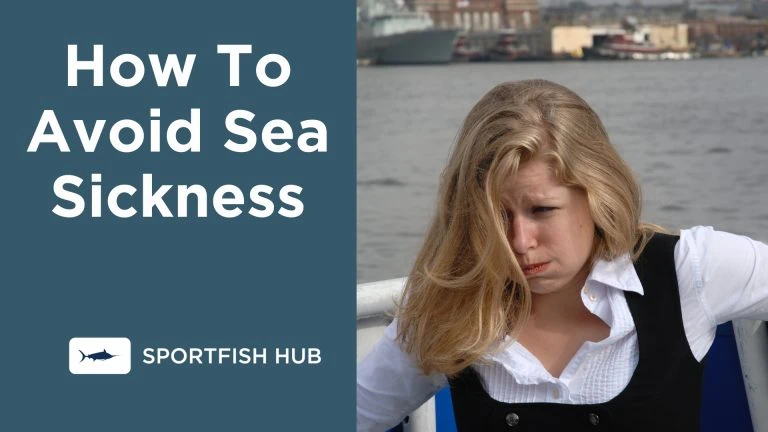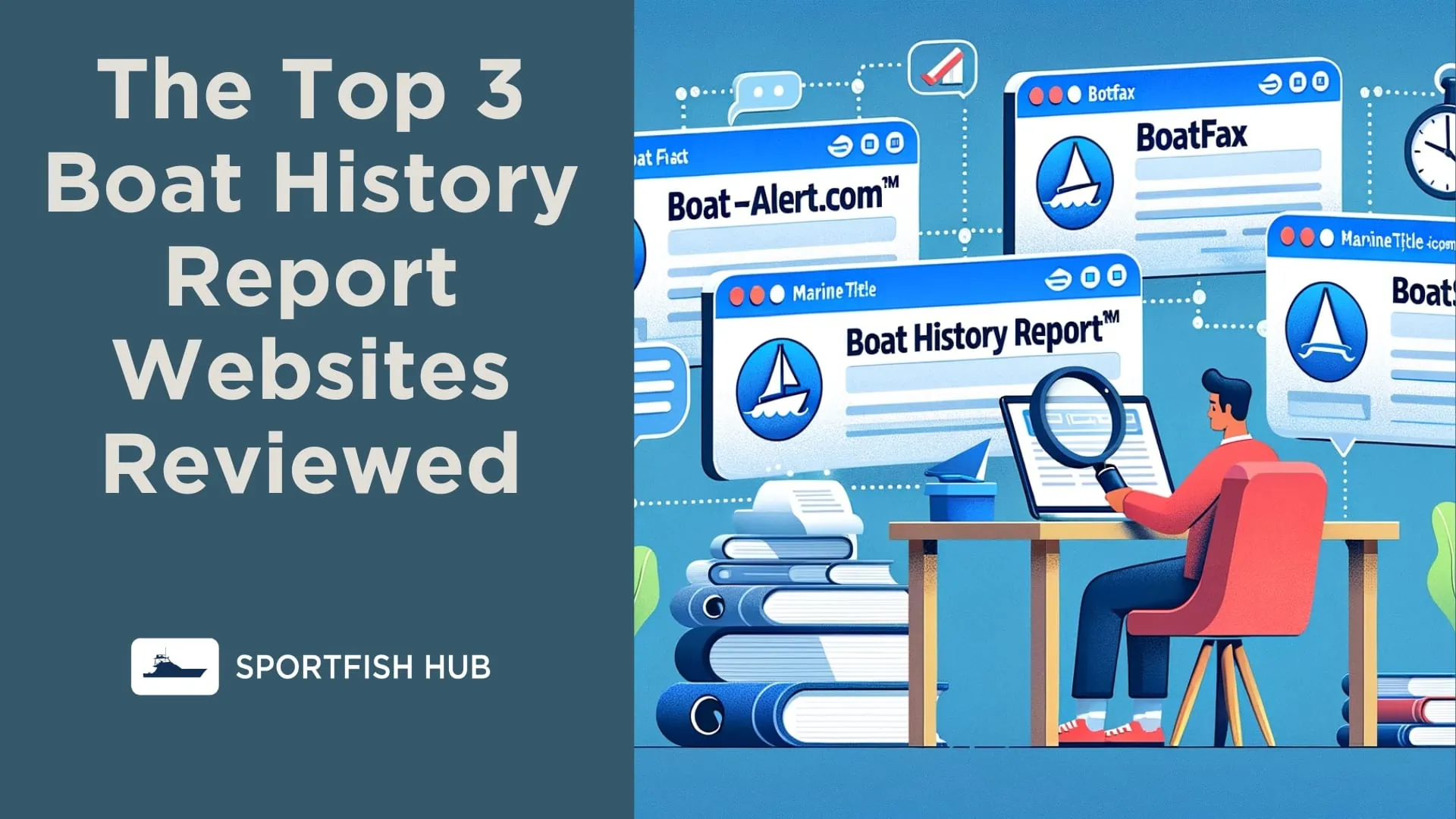Going on a cruise, ferry ride, or sailing trip can be an exciting vacation, but seasickness can quickly ruin the experience. So learning how to avoid seasickness is essential to making sure your trip is memorable for all the right reasons.
About 50% of people experience some level of seasickness.
Thankfully, you can prevent and reduce seasickness in many ways to fully enjoy your time on the water.
- What Causes Seasickness?
- Seasickness Statistics and Studies
- Tips to Prevent Seasickness
- Prevention Method Effectiveness
- Avoiding Seasickness in Kids
- Conclusion
- FAQ
- Can seasickness remedies make you drowsy?
- Can seasickness patches fall off in the water?
- Can homeopathic wristbands prevent seasickness?
- Will seasickness medication make kids drowsy?
- Can pets get seasick too?
What Causes Seasickness?
Seasickness is caused by a sensory conflict between what your eyes see and what your inner ear feels when on a moving boat. Your inner ear detects the rocking and swaying motion, but your eyes don’t see the motion, confusing your brain. As a result, you may experience:
- Nausea
- Vomiting
- Dizziness
- Headaches
- Cold sweats
Seasickness Statistics and Studies
| Statistic or Finding |
|---|
| 80% of Indian Navy personnel reported motion sickness at some point |
| 80% of Icelandic fishermen experienced occasional seasickness |
| 80% of marine biologists in one study got motion sick on research vessels |
| Susceptibility to one form of motion sickness increases susceptibility to others |
| Women are more prone to motion sickness than men |
| Children 2-12 are the most susceptible age group |
| Over 400 gene variants may contribute to motion sickness risk |
| Just 5 hours of sleep increased risk of sickness vs. 8 hours |
Tips to Prevent Seasickness
Here are some tips to avoid seasickness on your next boat trip:
Before Your Trip
- Get plenty of rest before boarding
- Take an over-the-counter or prescription anti-nausea medication before departure
- Eat a light, bland meal and avoid spicy, greasy, or acidic foods
- Stay hydrated and limit alcohol and caffeine intake
On The Boat
- Request a cabin mid-ship and near the waterline where motion is minimized
- Go out on deck for fresh air and keep your eyes on the horizon
- Eat small bites of crackers or other bland foods
- Apply acupressure wristbands
- Distract yourself with an activity or conversation
Prevention Method Effectiveness
Research shows certain methods are more effective than others:
- Medications reduce seasickness in about 70% of people
- Acupressure wristbands effective for 60%
- Choosing a mid-ship cabin cuts seasickness risk in half
- Just a 1-hour nap before sailing can reduce sickness by 25%
Combining several methods provides the best results for seasickness prevention.
Avoiding Seasickness in Kids
Children are especially prone to motion sickness. When traveling with kids:
- Use pediatric formulations
- Follow dosing guidelines carefully
- Provide distracting games, books, etc.
- Bring extra seasickness aids just for kids
Monitor children for side effects like excessive drowsiness. Keep them rested, hydrated, and eating light, bland snacks.
Medications and Natural Remedies
| Medication | How it Works | Side Effects |
|---|---|---|
| Bonine/Dramamine (OTC antihistamines) | Blocks messages to parts of the brain that control nausea | Drowsiness, dry mouth/eyes |
| Scopolamine (prescription) | Blocks signals to the central nervous system | Drowsiness, blurred vision |
| Ginger | Contains compounds that ease nausea | Heartburn, gas |
| Peppermint | Has calming effects on the stomach |
Conclusion
By taking some preventative steps and having medication on hand, you can enjoy your cruise or boat trip seasickness-free! Let a crew member know if you start feeling ill so they can provide assistance. With the right preparation, you’ll be able to fully take in the sights without reaching for the barf bag.
FAQ
-
Can seasickness remedies make you drowsy?
Yes, many over-the-counter and prescription seasickness medications like Dramamine and scopolamine can cause drowsiness as a side effect. Use caution when taking them before activities requiring alertness.
-
Can seasickness patches fall off in the water?
Yes, securely apply scopolamine patches so they don’t fall off when swimming or participating in water activities.
-
Can homeopathic wristbands prevent seasickness?
There’s no conclusive evidence on their effectiveness. But some people find them helpful as a drug-free option.
-
Will seasickness medication make kids drowsy?
Yes, use children’s formulas and follow dosing guidelines carefully. Supervise drowsiness.
-
Can pets get seasick too?
Yes, dogs can experience motion sickness just like people. Consult your vet about pet-safe anti-nausea options.













